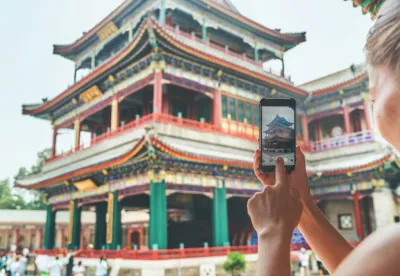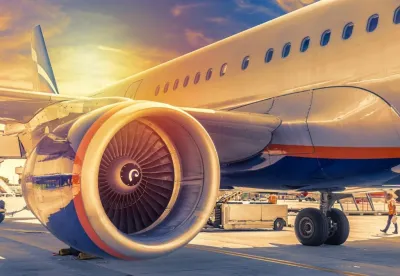
Travel bookings made with mobile devices or tablets have doubled worldwide, moving from 12% to 23% during the second quarter, compared to the same period in 2014, according to the latest Criteo Travel Flash Report, released recently.
The report, which is based on a review of more than 1,000 bookings of online travel agents (OTA) and suppliers worldwide, reveals that mobile bookings increased 12% in June and 49% in July.
Smartphone bookings reached 20% in Western countries. Spain is the leader in mobile bookings in Europe, surpassed only by Japan and South Korea, while in markets such as Germany the popularity of this type of booking is proceeding more slowly because of difficult payment method.
Mobile bookings are showing steady growth in all sectors, such as apartment rentals with 31% increase or car rentals with 26%, since the second quarter of 2014.
The study also shows three booking trends depending on the time, day of the week or duration of stay and the type of travel.
Criteo shows an upward trend in smartphone bookings to the detriment of other devices such as the tablet. However, smartphones are leading in purchases of lesser value. 18% of bookings are for one night while trips for a week or more account for only 10%. Smartphones are also the leaders in weekend bookings and account for 47% of last-minute hotel bookings.
In addition, there is a trend towards greater mobile use in the morning, when 22% of bookings are made, compared to 16% made in the evening. In this regard, tablets are more stable because they account for 10% of all bookings regardless of the length of stay. Mobile app development has favored this trend, generating 49% of mobile bookings compared with 12% in the previous year.
Another important factor is the season, especially summer, because travelers are more likely to go away at that time. Smartphone booking fees are almost three times higher for online travel agents than for hotel suppliers and even higher during the travel season, moving from 19% to 26%, while hotel suppliers do not go above 7% throughout the period.
The report shows that 21% of online bookings are not properly measured by advertisers because the search and buying process is conducted on different devices. This percentage rises to 26% when the clicking is done on a mobile device.
Tracking on different devices can mean a 21% increase in booking campaigns. Advertisers who invest in tracking and advertising apps generate almost half the mobile bookings (49%), coming directly from the applications.














What "fees" do you mean in the following text:
"Smartphone booking fees are almost three times higher for online travel agents than for hotel suppliers" ?
Regards,
Raphaël.